Tutors
The tutors on offer to students on the MEST programme are spread across nine different ETH departments reflecting the broad range of study possibilities and specialisms available. All of the tutors, as well as often heading up their own Institute or Laboratory, are also members of the Energy Science Center and are authorized to supervise semester projects and master theses for the MEST programme.
Tutors will be assigned to students before the first semester starts: further details can be found on the About MEST page.
MEST Tutors by Departments
Prof. Dr. Andrea Deplazes
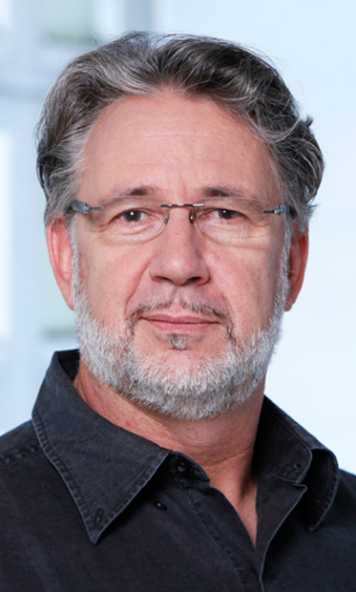
The Architecture and Construction Group, led by Prof. Andrea Deplazes, has a strong focus on both research and education in architectural activities. Among others, the “Hybrid Techniques for Architecture Design HYTAC” is a teaching unit of the Department of Architecture at ETH Zurich that identifies and re-imagines technologies with the aim of integrating them into the heart of the architectural design process.
Prof. Dr. Arno Schlüter
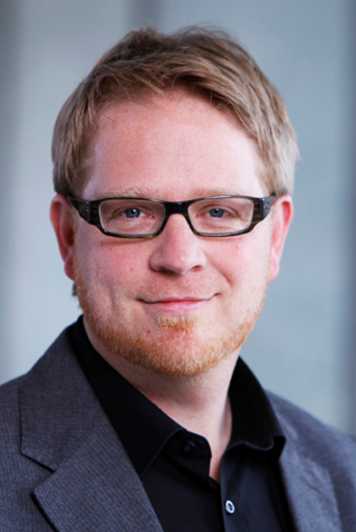
The Chair of Architecture and Building Systems, led by Prof. Arno Schlueter is an interdisciplinary team of researchers with a focus on active and passive systems for the energy supply and climate control of buildings. The motivation and aim of the research at this chair is to realize a CO2-neutral built environment that efficiently consumes and produces energy while providing high user comfort.
Prof. Dr. Milica Topalović

Prof. Milica Topalović - Chair of Architecture of Territory at the Department of Architecture, ETH Zurich. Her work focuses on the transformation of territories beyond the city, including rural, remote, and infrastructural landscapes, which are increasingly shaped by urbanization and energy transition. Through research and teaching, she explores spatial strategies at the intersection of design, ecology, and policy to support sustainable and equitable development.
Prof. Dr. Robert Boes
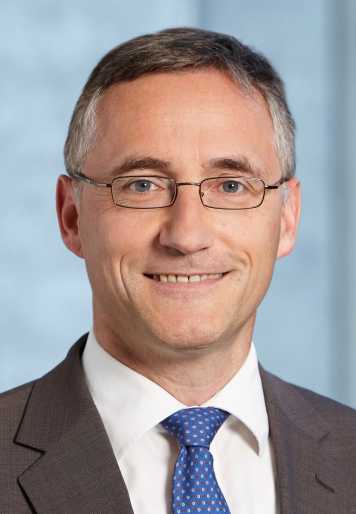
The Laboratory of Hydraulics, Hydrology and Glaciology led by Prof. Robert Boes researches on several topics related to hydropower such as assessing the energy potential of hydropower in europe, the potential for hydropower storage and generation in switzerland and novel developments for sustainable hydropower.
Prof. Dr. Paolo Burlando
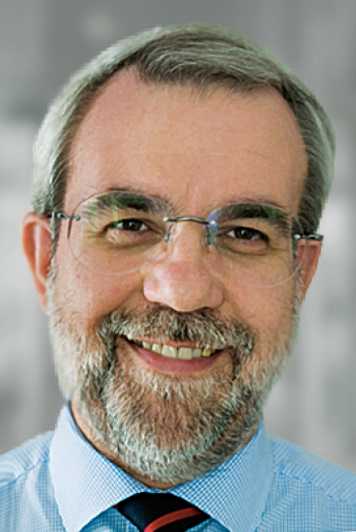
The Chair of Hydrology and Water Resources Management focuses on teaching and research activities in the field of surface water hydrology and water resources management. Key activities are the analysis and modelling of hydrological processes, their importance in catchments, and their interactions with human and environmental systems, with the aim of providing the basis for modern water resources assessment and sustainable planning and management.
Prof. Dr. Eleni Chatzi
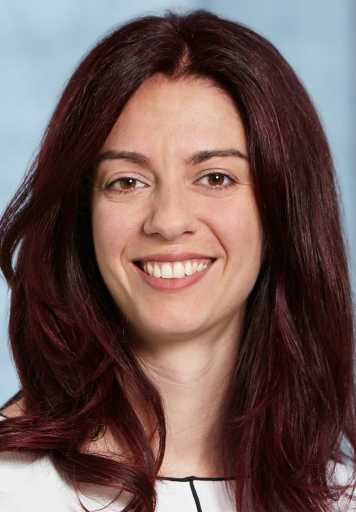
The Chair of Structural Mechanics and Monitoring focuses on exploitation of sensing data and their fusion with engineering models for delivering data & physics informed virtualizations of operating structures and assets.
A main domain of application for this hybrid approach is wind energy infrastructure. Research areas include deep learning tools that process aerodynamic and structural response data to provide information on the status of a wind turbine structure, acoustic Internet of Things (IoT) measurement systems for wind turbines and decision support tools for optimal operation and maintenance at the wind farm level.
Prof. Dr. Daniel Farinotti
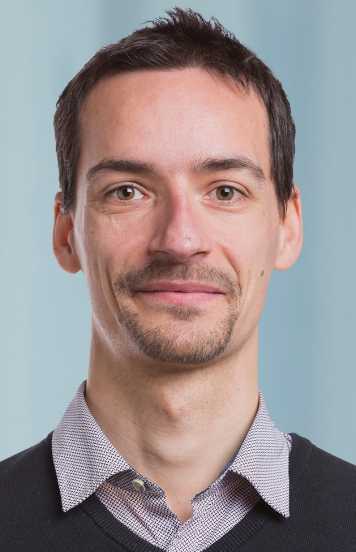
One of the foci of the Professorship of Glaciology at the Laboratory of Hydraulics, Hydrology and Glaciology are large-scale glacier assessments. Numerical simulations are used in combination with direct observations and climate projections to anticipate the glacier evolution of all glaciers on Earth. The so-obtained results serve to anticipate the impacts that glacier changes will have on our environment, ranging from their contribution to global sea level changes, over the water availability of glacierized basins, to the appearance of future landscapes
Prof. Dr. Adrienne Grêt-Regamey
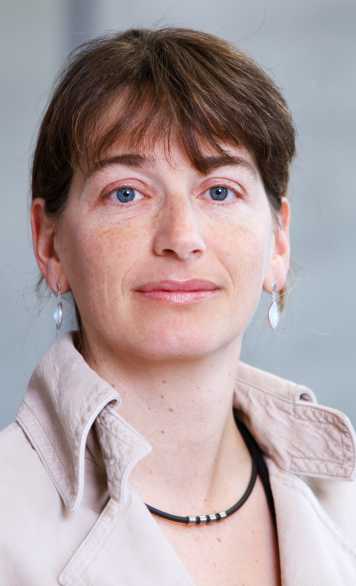
The Chair of Planning Landscape and Urban Systems focuses on understanding how the interactions and/or actions of humans shape landscapes at various temporal and spatial scales, using different land-use decision models in forecasting and backcasting modes. For fostering participatory landscape planning, she investigates how people perceive the landscape in the three labs, where state-of-the-art 3D visualizations and auralizations of landscape changes are generated and decision support tools developed.
Prof. Dr. Guillaume Habert
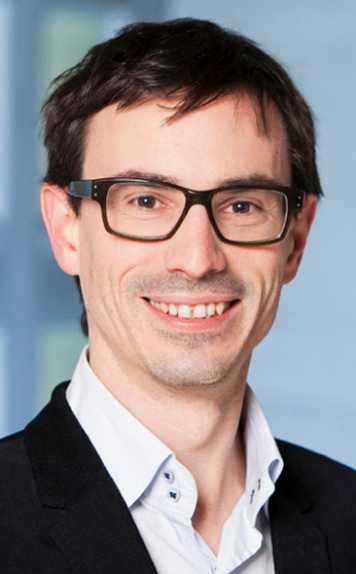
Many of the research areas at the chair of sustainable construction confront circularity, decreased carbon emissions and life cycle analyses of building design, materials and renovations. Amongst the areas of interest of its members are smart and sustainable cities, circular economy in the concrete industry and reused building materials.
Prof. Dr. Martin Raubal
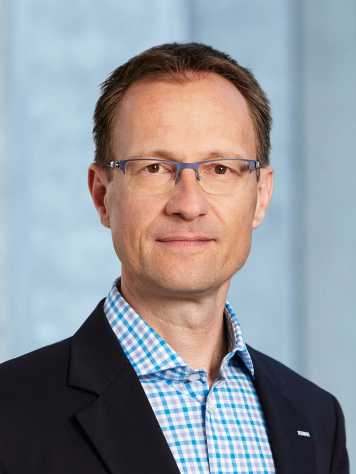
Cartography and Geoinformation
The research foci at the chair of geoinformation engineering are mobility and energy. We develop innovative computational methods for the analysis, simulation & prediction of individual mobility, with the goal of making mobility sustainable. Topics include Vehicle-2-grid strategies, smart charging, and spatio-temporal assessments of technology penetration
Prof. Dr. Gonzalo Guillén Gosálbez
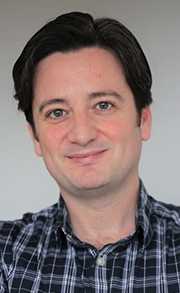
The Sustainable Process Systems Engineering Lab led by Prof. Gonzalo Guillén Gosálbez researches topics such as green supply chain management, sustainable process design, macro-economic models and sustainable energy systems design. Recent energy related research outputs include life cycle optimisation of Bioenergy with Carbon Capture & Storage (BECCS) supply chains, sustainability footprints of a renewable carbon transition for the petrochemical sector and uncovering the true cost of hydrogen production routes using life cycle monetisation.
Prof. Dr. Victor Mougel
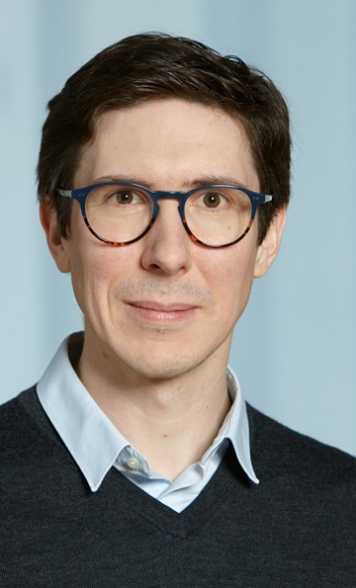
The Mougel group - Bioinspired Molecules and Materials, as part of the Laboratory of Inorganic Chemistry (LAC) spans multiple scales, ranging from fundamental investigations of molecular catalytic systems to the translation of these findings into the development of new heterogeneous electrocatalysts. By understanding the underlying principles and mechanisms of these systems, the group seeks to design and optimize catalysts with improved performance and selectivity. Inspired by the structures and functions found in natural systems, his group aims to develop efficient and sustainable solutions for chemical transformations.
Prof. Dr. Thomas Schmidt
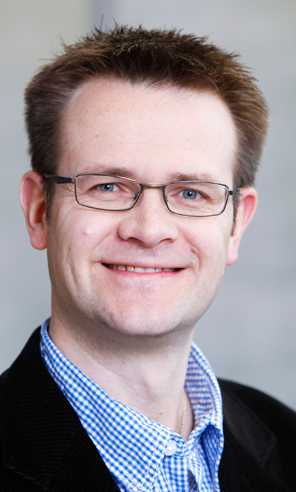
The Electrochemistry Group led by Prof. Thomas Schmidt aims is to advance the scientific and technological understanding of electrochemical energy storage and conversion. Specifically the focus lays on a sustainable energy system, in which renewable energy is required to be stored in chemicals. Recent research has been conducted on multicarrier energy systems, polymer electrolyte fuel cells, vanadium redox flow batteries and a review of representing consumer mobility choices in energy models.
Prof. Jeroen Anton van Bokhoven

The van Bokhoven Group - led by Prof. van Bokhoven- research focuses on the fundamentals of heterogeneous catalysis, with an emphasis on sustainable chemical processes and the use of advanced spectroscopy to study catalytic materials under operating conditions. Prof. van Bokhovens expertise liesat the intersection of chemistry, materials science, and energy technology, making him a valuable resource for students interested in energy conversion, catalysis, and sustainable industrial processes.
Prof. Dr. Domenico Giardini
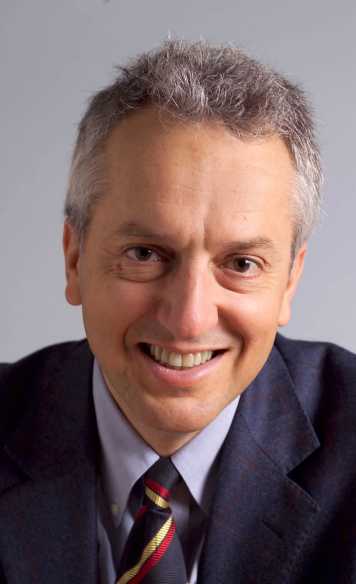
The Seismology and Geodynamics Group uses seismic waves of all kinds and wavelengths to image, with the help of seismic tomography, the three dimensional structure of the inner parts of the Earth. Recent publications of Prof. Dr. Domenico Giardini’s Group have concerned fault sealing and caprock integrity for CO2 storage and engineered geothermal systems.
Prof. Dr. Martin Saar
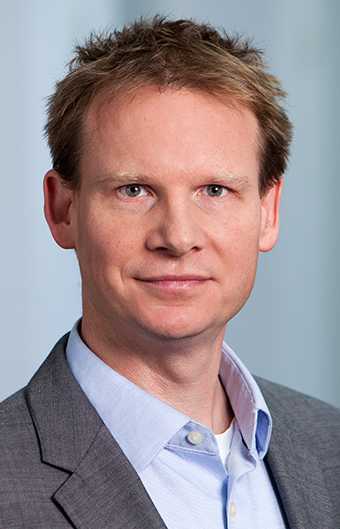
The Geothermal Energy & Geofluids Group, led by Prof. Martin Saar investigates reactive fluid (water, CO2, CxHy, N2) and (geothermal) energy (heat, pressure) transfer in the Earth’s crust employing computer simulations, laboratory experiments and field analyses. Thus they aim to gain fundamental insights and to address a wide range of societal goals and concerns.
Prof. Dr. Stefan Wiemer
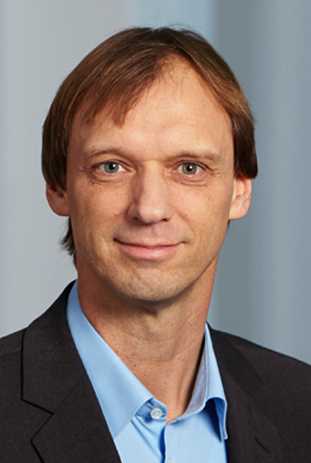
The Swiss Seismological Service (SED) at ETH Zurich is the federal agency responsible for monitoring earthquakes in Switzerland and its neighboring countries and for assessing Switzerland’s seismic hazard. When an earthquake happens, the SED informs the public, authorities, and the media about the earthquake’s location, magnitude, and possible consequences. The director of the SED, Stefan Wiemer is also a professor of seismology at the Department of Earth and Planetary Sciences.
Prof. Dr. Anthony Patt
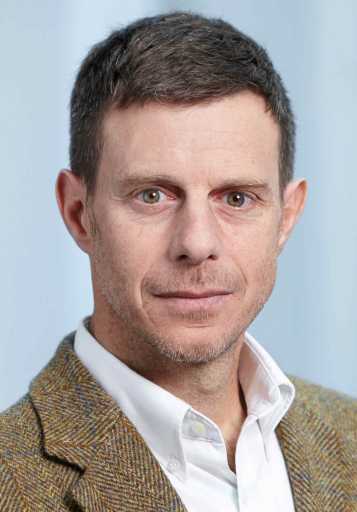
The Climate Policy Lab conducts problem-driven research on the strategies to address climate change and related environmental problems. Currently they focus on analysing pathways for creating a sustainable electricity system for Europe and beyond, the means to mitigate human vulnerability to climate and other natural hazards, and the effects of policies on the use and protection of natural resources.
Prof. Dr. Tobias Schmidt
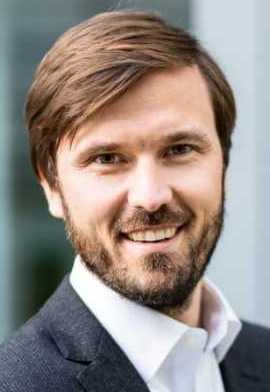
At the Energy and Technology Policy Group, led by Prof. Tobias Schmidt research is conducted on the interaction of public policy and its underlying politics with technological change in the energy sector. The aim is to provide policy strategies to accelerate the energy transition globally.
Prof. Dr. Bjarne Steffen
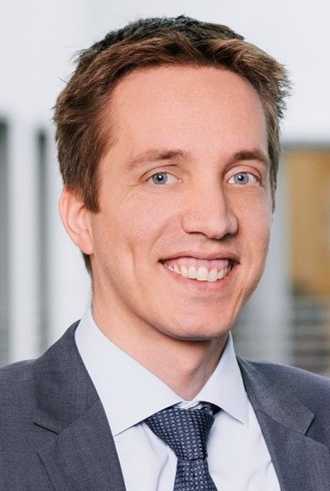
The Climate Finance and Policy Group, led by Prof. Dr. Bjarne Steffen examines the low-carbon transition in energy and transport, focussing on the role of the financial sector and financial policies therein.
Adj. Prof. Corsin Battaglia
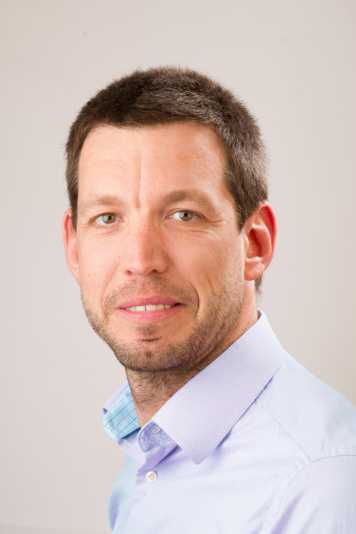
external page Detailed Profile
Prof. Dr. Battaglia (Titular Professor of ETH Zurich and EPFL) is head of laboratory at external page Empa directing the laboratory Materials for Energy Conversion, as well as a lecturer at the Departments of Materials Science and Information Technology and Electrical Engineering and at the Department of Materials at ETH Zurich. His research focuses on energy conversion and storage technologies including next-generation lithium- and sodium-ion batteries and synthetic fuels.
Prof. Dr. Florian Dörfler
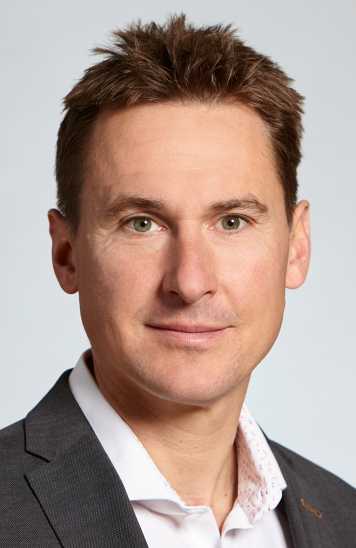
The Automatic Control Laboratory, led by Prof. Dr. John Lygeros, Prof. Florian Dörfler and Prof. Roy Smith, has an extensive record in both the theory and application of control technology; the Laboratory is also home to part of the Directorate and the Management Team of the National Centre of Competence in Research “Dependable Ubiquitous Automation” (external page NCCR Automation). Their research spans a broad range of topics including theory; computation; and applications within the energy, transportation, and robotic domains. Recently, research has been conducted in the areas of buildings and energy, airborne wind energy, electrical power grid control, demand response methods and power system control.
Prof. Dr. Christian Franck
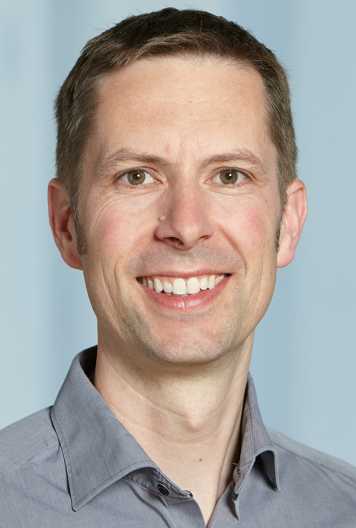
The research focus of the High Voltage Laboratory, led by Prof. Dr. Christian Franck is in the area of technologies for a future sustainable electric energy supply, in particular electric energy transmission.
Prof. Dr. Ulrike Grossner
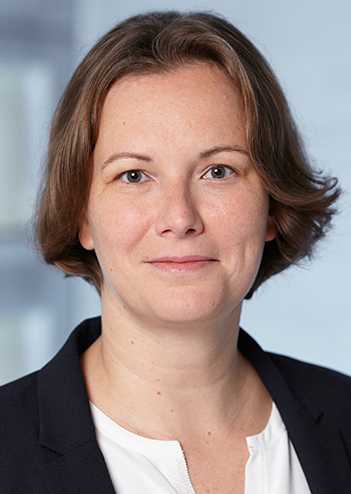
Research at the Advaced Power Semiconductor Laboratory, led by Prof. Dr. Ulrike Grossner is mostly focused on the wide-bandgap semiconductor silicon carbide (SiC), which is promising to make power electronics smaller, cheaper and more efficient.
Prof. Dr. Gabriela Hug
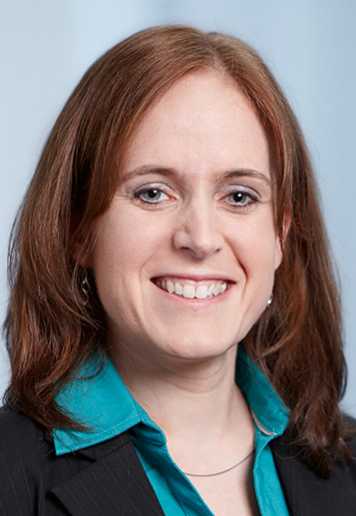
The scientific field of the Power Systems Laboratory, led by Prof. Gabriela Hug comprises analysis and design of electric and integrated energy systems including their modeling, planning and operation. A main goal of their research is to develop methods based on control theory, optimisation and operations research, that can be used to integrate renewable energy sources and therefore to enable a sustainable energy future.
Prof. Dr. John Lygeros
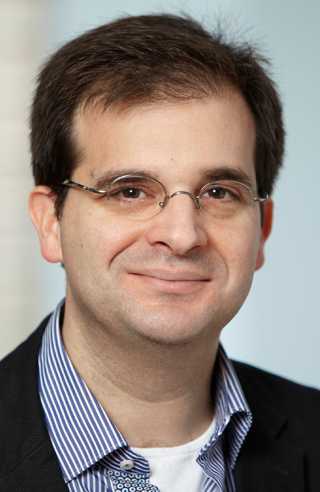
The Automatic Control Laboratory, led by Prof. Dr. John Lygeros, Prof. Florian Dörfler and Prof. Roy Smith, has an extensive record in both the theory and application of control technology; the Laboratory is also home to part of the Directorate and the Management Team of the National Centre of Competence in Research “Dependable Ubiquitous Automation” (external page NCCR Automation). Their research spans a broad range of topics including theory; computation; and applications within the energy, transportation, and robotic domains. Recently, research has been conducted in the areas of buildings and energy, airborne wind energy, electrical power grid control, demand response methods and power system control.
Prof. Dr. Lint Barrage

The goal of Prof. Barrage’s work is to improve the design of effective and economically eddicient climate and energy policy. She is Professor of Environmental Economics at ETH Zurich and as head of the Energy and Climate Economics Group her research examines how environmental risks and policies affect macroeconomic outcomes, energy systems, and human welfare.
Prof. Dr. Massimo Filippini
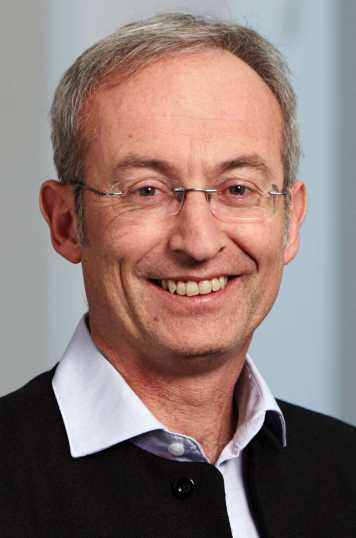
The mission of the Chair of Energy and Public Economics, led by Prof. Dr. Massimo Filippini is to improve the understanding of issues in energy economics and to make critical contributions in the design and evaluation of energy policy instruments by providing analysis based on the rigorous application of econometric methods.
Prof. Dr. Elgar Fleisch
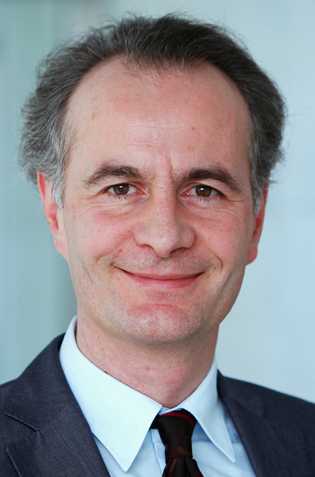
The goal of the Chair of Information Management, led by Prof. Dr. Elgar Fleisch is to advance the ongoing merge of the digital and physical world in the dimensions of technology, applications, and implications. The chair is involved in combined research efforts with the B2E (Bits to Energy Lab) which develops machine learning techniques for energy applications.
Prof. Dr. Volker Hoffmann
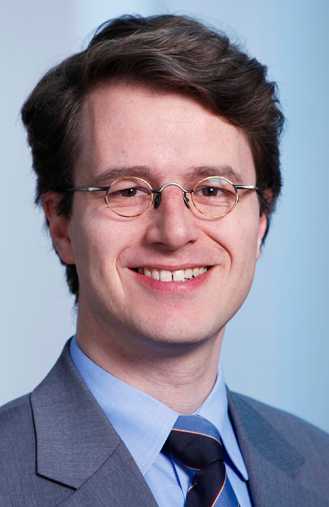
At the Group for Sustainability and Technology, led by Prof. Dr. Volker Hoffmann, research is conducted on organizational, technological and institutional change in the energy, construction and plastic sectors on two complementary levels: The system level and the firm level.
Prof. Dr. André Bardow
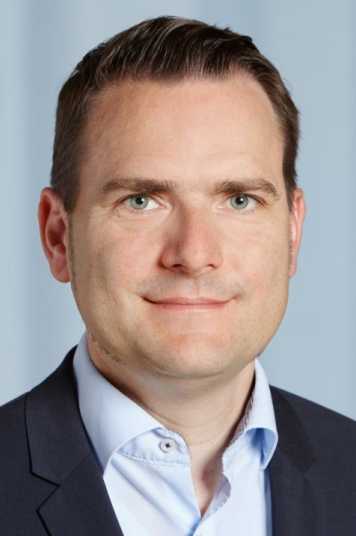
The Energy and Process Systems Engineering (EPSE) Group focuses on sustainability in energy and chemical process systems from the molecular to the systems scale. The Group, led by Prof. Bardow develops methods to advance CO2 capture systems, the circular carbon economy and sector-coupling by Power-to-X technologies.
Prof. Dr. Maria Lukatskaya
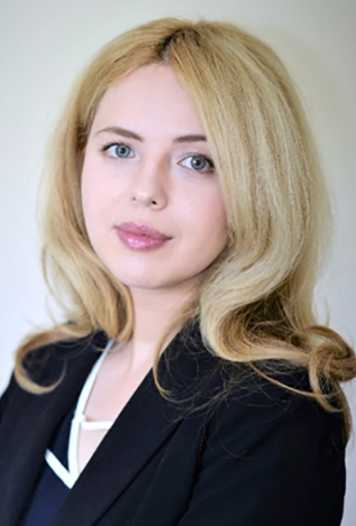
The Electrochemical Energy Systems Laboratory, led by Prof. Dr. Maria Lukatskaya targets challenges related to the development of the new solutions to satisfy the growing demand for energy.
Prof. Dr. Annalisa Manera
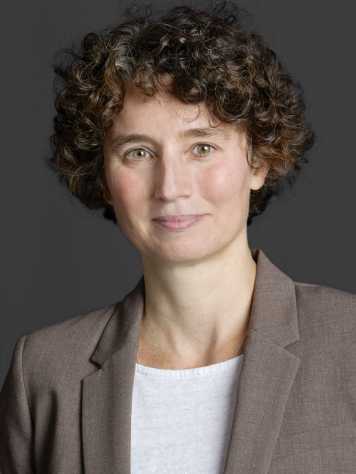
The Nuclear Systems and Multiphase Flows Laboratory, led by Prof. Annalisa Manera develops novel, advanced instrumentation for high-resolution experiments and Computational Fluid Dynamic (CFD)-grade experiments. We perform CFD simulations employing Reynolds-averaged Navier-Stokes (RANS) and large eddy simulation (LES); as well as CFD-based high-fidelity multi-physics simulations.
Prof. Dr. Edoardo Mazza
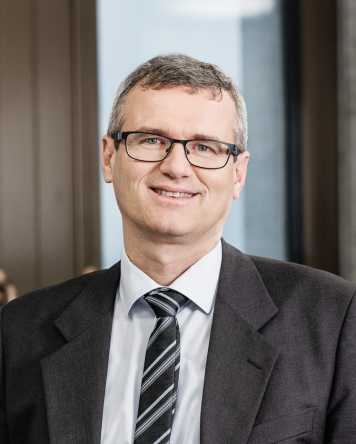
The Experimental Continuum Mechanics Group, led by Prof. Mazza investigates the mechanics of biological and biomedical materials, developing man-made materials designed to interact with the body tissues in medical devices, implants, or scaffolds for tissue engineering. A recent study was carried out on systems of conductive skin for power transfer in clinical applications.
Prof. Dr. Russell McKenna
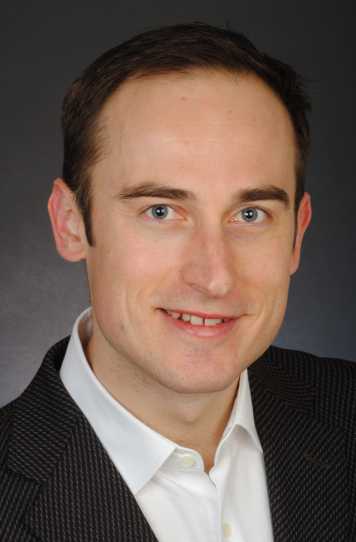
Research at the external page Laboratory for Energy Systems Analysis, led by Prof. Dr. Russell McKenna seeks to combine quantitative approaches from engineering and economics with qualitative approaches such as stakeholder engagement processes to explore the integration of Low Carbon Technologies into decentralized energy systems.
Prof. Dr. Christoph Müller
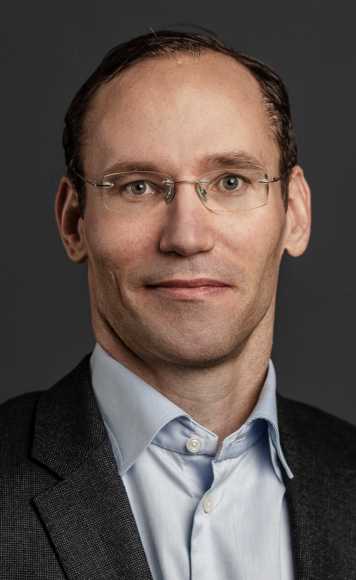
Research in the Laboratory of Energy Science and Engineering, led by Prof. Dr. Christoph Müller is aimed at applying a fundamental understanding gained from laboratory-scale experiments, together with appropriate mathematical modelling to address the important challenge to produce fuels, electricity and chemicals in efficient and sustainable ways.
Prof. Dr. Nicolas Noiray
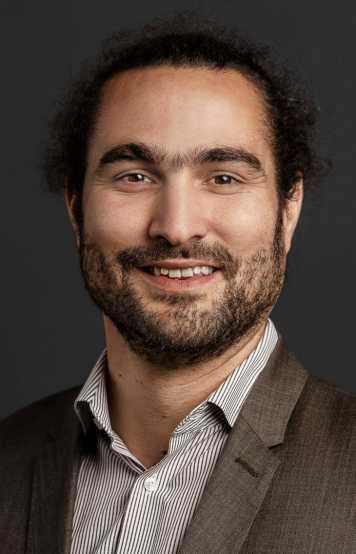
The theoretical, computational and experimental research activities of the Laboratory of Combustion and Acoustics for Power & Propulsion Systems led by Prof. Dr. Nicolas Noiray are in the fields of Combustion, Acoustics and Fluid Mechanics. These address fundamental and applied problems which are relevant for the development of workable, robust and sustainable technologies in the Energy and Transport sectors.
Prof. Dr. David J. Norris
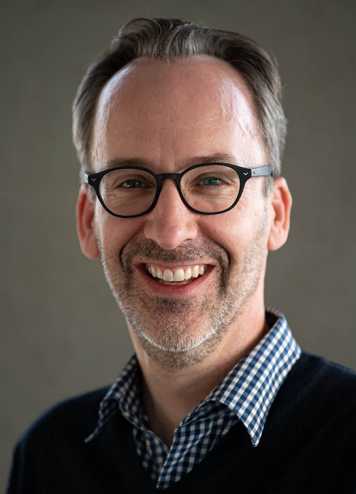
The Optical Materials Engineering Laboratory utilizes nanotechnology to create and investigate advanced optical materials not found in nature. The goal of this Laboratory, led by Prof. Dr. David Norris is to study their fundamental properties and explore their use in new optoelectronic devices.
Prof. Dr. Christopher Onder
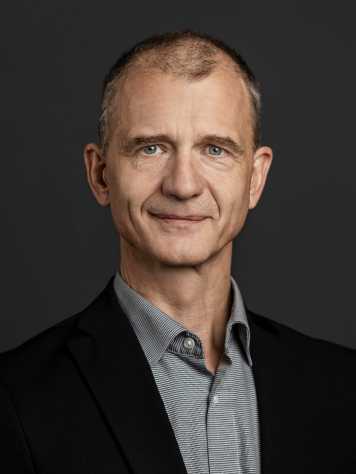
At the Institute for Dynamic Systems and Control, Prof. Onder’s group pursues a model-based approach to the analyis, the optimization and the control of thermotronic and medical systems. Engine and vehicle propulsion systems are the focus of the majority of the research projects.
Prof. Dr. Giovanni Sansavini
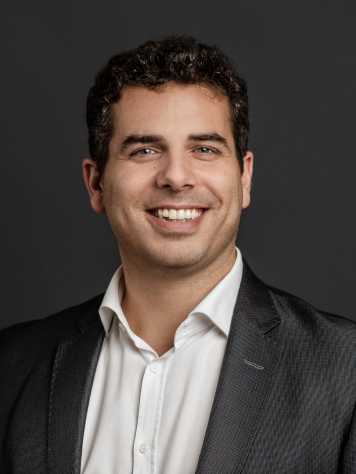
The research of the Reliability and Risk Engineering Group aims to identify and mitigate systemic risks in interdependent critical infrastructure networks by quantitatively defining reliability, resilience and risk within these systems. The Group, led by Prof. Dr. Giovanni Sansavini focuses on engineered complex systems such as energy, communication and transport networks. With modeling, they strive to inform policy makers in the transition to resilient, fair and sustainable energy and critical infrastructure systems.